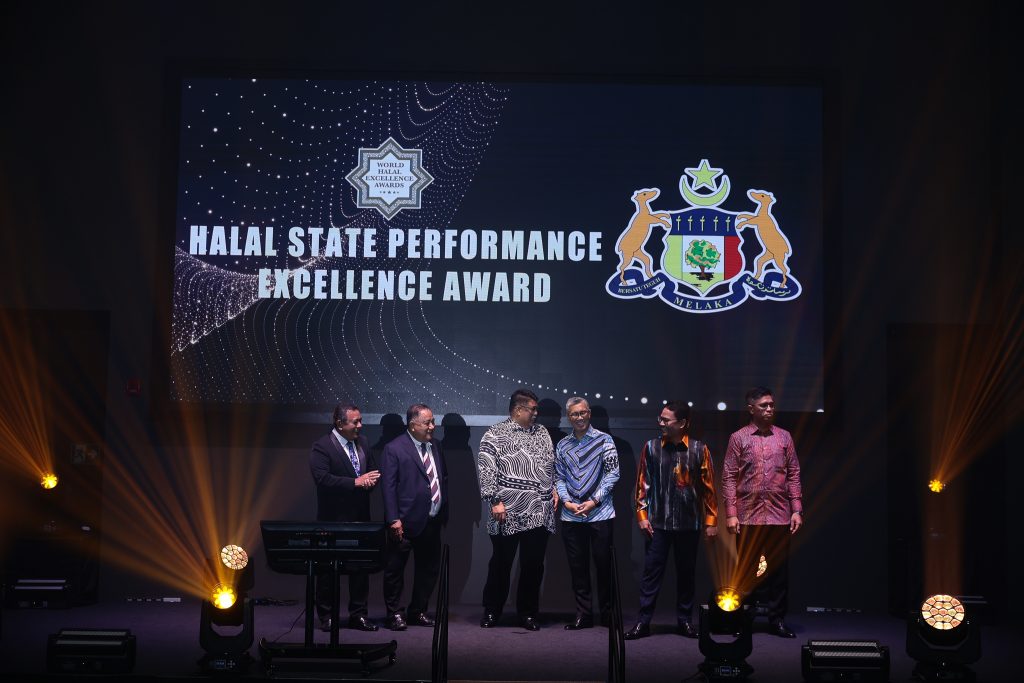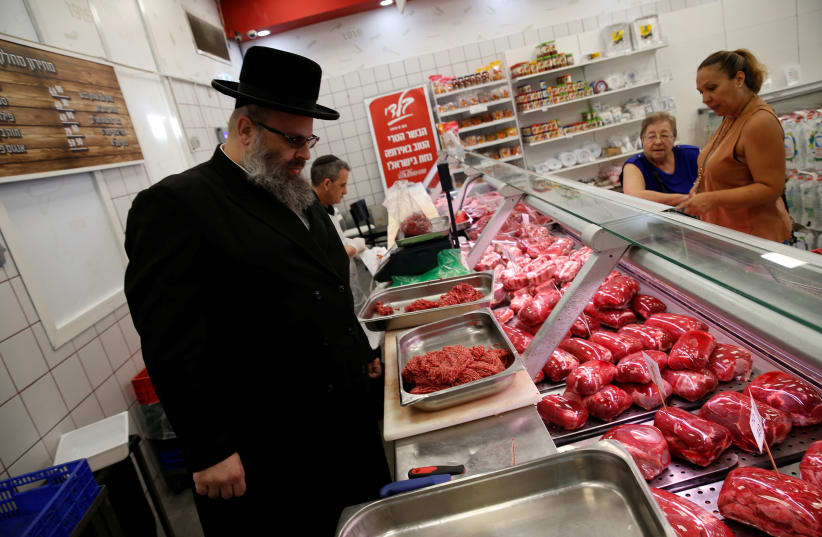By Kamarul Aznam, Halal Media
A professional, business-led Halal auditing body can complement the efforts of local Halal certifiers by instituting business-driven mechanisms for enforcement to safeguard the consumers, says Tan Sri Dato’ Muhammad Ali Hashim, Deputy President of the Malaysian Islamic Chamber of Commerce and Industry (DPIM).
In an exclusive interview with Halal Media, Tan Sri Ali Hashim revealed that there is currently a distinct need for a recognised and professional auditing body that is funded, organised and run by the businesses themselves, to address “the relapses within the control and monitoring mechanism for Halal certification”.
Tan Sri Ali Hashim as a guest speaker at the 4th World Halal Forum 2009
“The problem we have is that JAKIM and the Majlis Agama Islam Negeri-Negeri (MAINs, or the state religious councils, which provides Halal certification at the state level) do not have the capacity to continuously monitor and inspect Halal premises,” said Tan Sri Ali, who was also the former President and CEO of Johor Corporation.
Similar to the annual financial year audits, the proposed Halal audit body is envisioned to eventually help perform Halal audit functions internally within the companies, including regulating the frequency of these audits, be it quarterly or even unscheduled audits to enhance self-enforcement.
“Conceptually, you would have a similar auditing process, equivalent to that of the annual financial audits, but for Halal. The overall aim is to safeguard the interest of the consumers, and to complement the efforts of JAKIM and the Majlis Agama Islam Negeri and to fully realise their aim in ensuring the highest Halal standard, with no compromises,” he said.
He added some industry players even have their own internal Halal audit mechanisms. Companies like Carrefour, Nestle and KFC have their own internal audit mechanisms “because they are aware how sensitive and important this is; because they cannot afford a major blow-out on any Halal issue as it will impact their business interest,” Tan Sri Ali said.
“Perhaps, we can learn from them what systems they have put in place. If they can do it, whilst being funded by the corporations and adopting it, perhaps it can be useful for other Halal businesses in general,” he added.
Tan Sri Ali also sees the potential of the body being recognised by JAKIM and the Majlis Agama Islam Negeri-Negeri, which would in turn, allow trained Halal auditors from the institute to be appointed by the Halal manufacturers and service providers.
The Halal auditors would in turn curb future abuses and prevent businesses from taking advantage of the gaps within the Halal certification process. Calling such practices a blatant attempt to dupe Muslim consumers, Tan Sri Ali advises against taking the easy way out, as Halal falsification is a very dangerous act and can ignite even bigger problems.
“To the Muslims, this is a very important issue, when people take advantage of Halal certification.” Despite the urgency of the matter however, the audit institute is still very much at a preliminary stage of conceptualisation. It needed to be developed and tested, whilst being guided by JAKIM and MAINs as well as the rest of industry, he said.
Not limited to doing only training, the Halal audit institution should also represent the interest of all auditors, especially on matters pertaining to the discipline of its own members.
“Besides conducting training courses professionally, we also need a body to discipline, supervise, organise and manage their affairs. For example, if there are some members who are not up to the mark, we need to train them. Or discipline them for those who go against professional code of ethics and so on. We will have a professional body that manages all that.”
“Just like the Bar Council for lawyers, or the Institute of Architects that supervise and make sure the training centres are there, and discipline them professionally, so that they can become better professional members,” he said.
“We also need to structure it in such a way that it will not be a burden to the customers, nor to the industry,” he said. “A lot needs to be done but there is a clear need I think, because there is a big demand from the consumers as they expect full Halal compliance. It can be really dangerous if Halal is found to have been compromised.”
Tan Sri Ali also agrees that the body should not be made up of a single type of entity. “It cannot have only one body in it; institutions of higher learning for instance must also be in, but they will have to work very closely with the professional Halal auditors institute or association.”
By Kamarul Aznam, Halal Media



